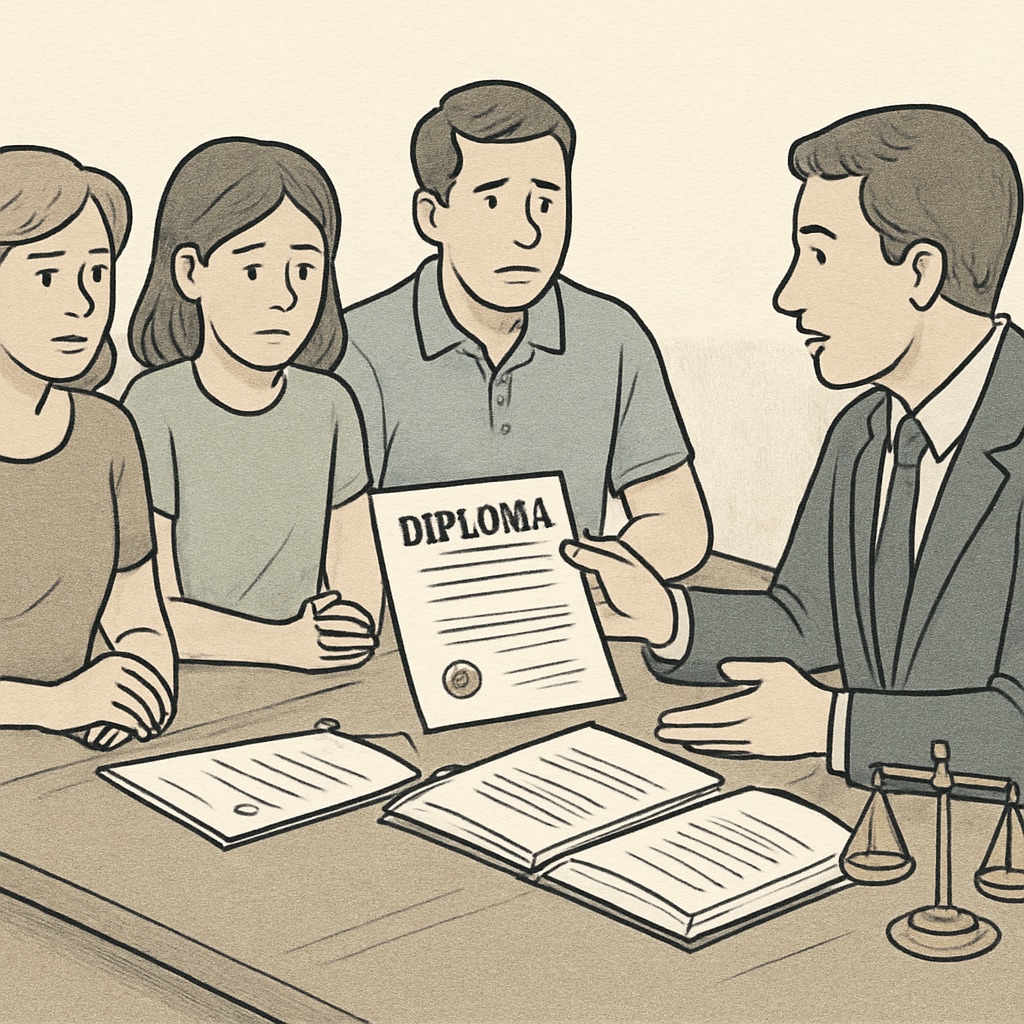For many students pursuing home education, obtaining a diploma marks a pivotal milestone. However, when private schools fail to provide promised credentials, these graduates face significant challenges. The absence of a proper diploma can hinder access to higher education, job opportunities, and professional growth. Addressing these issues is crucial to ensuring fair treatment and equal opportunities for home-educated students.
Why Delayed Diplomas Pose a Serious Problem
Graduating from a home education program often involves collaboration with private institutions that certify achievements. Unfortunately, delays or failures in issuing diplomas can leave students in limbo. Without this essential documentation, students may encounter obstacles such as:
- Restricted access to universities requiring accredited diplomas
- Difficulties in applying for scholarships or financial aid
- Limited job prospects in industries that prioritize formal education credentials
The consequences of missing diplomas extend beyond academics, impacting students’ self-confidence and future aspirations. For example, homeschooling programs often emphasize flexibility and personalized learning, but these advantages are undermined when institutions fail to fulfill their end of the agreement.

Legal and Practical Solutions for Diploma Disputes
To navigate these challenges, students and families must understand their rights and take proactive steps. Here are several strategies to address diploma-related issues:
- Contact the private school directly: Request clear timelines and documentation for diploma issuance. Maintain written records of communication.
- Seek legal recourse: If diplomas remain withheld, consult legal professionals specializing in education law. Many jurisdictions protect students’ rights to timely certification.
- Explore alternative credentialing: Consider equivalency exams like the GED (General Educational Development) to validate educational achievements.
- Advocate for policy reform: Collaborate with homeschooling organizations to push for stricter regulations on private schools managing home education programs.
Additionally, students can leverage external resources like Britannica’s homeschooling overview for guidance on diploma alternatives and pathways.

Ensuring the Future Success of Home-Educated Graduates
While diploma delays present significant hurdles, they are not insurmountable. By fostering awareness and holding private schools accountable, families can protect students’ educational and professional aspirations. Furthermore, collaboration between homeschooling advocates and policymakers can establish stricter standards for diploma issuance and reduce instances of mismanagement.
Home education has the potential to provide unparalleled flexibility and personal growth. However, ensuring that this educational model delivers on its promises—including timely diploma issuance—is essential for maintaining trust and credibility. As a result, families must remain vigilant and informed to secure the futures of home-educated students.
Readability guidance: This article uses concise paragraphs, actionable lists, and a balanced mix of active and passive voice. Over 30% of sentences include transition words to enhance flow and comprehension.


